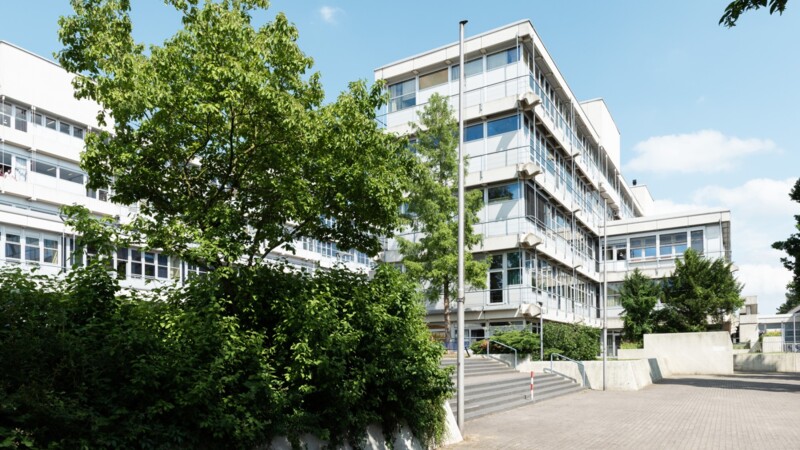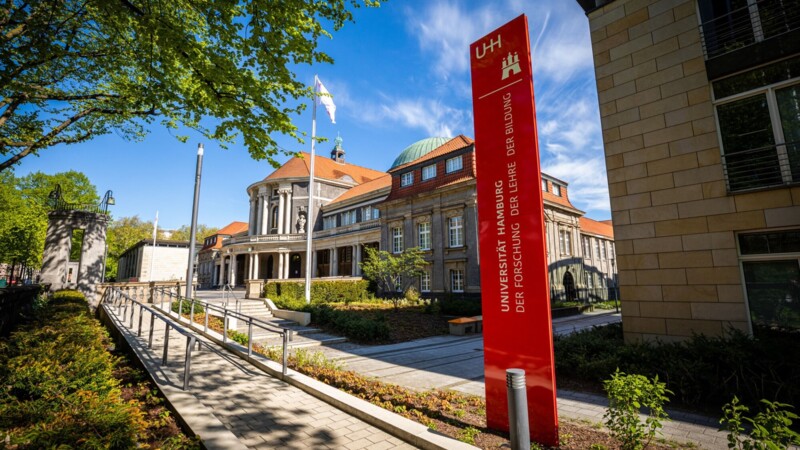Tropmann-Frick relies on artificial intelligence to translate complicated texts. "We are developing a customised tool, but not from scratch. We are instead taking our cue from well-known language modelling algorithms such as ChatGPT or Bard." At present, the team is working on a set of data with which to train their algorithm. "It's not simply about translating into easy language. The result has to be as legally sound as possible. Thanks to C4T funding, we have been able to bring a lawyer on board," she added.
Trying to comprehend obscure terms in a rental contract or an income tax return can make anyone’s hair stand on end after opening the envelope. However, such jargon poses even bigger problems for the disabled and those who are not well-versed in the given language. To rectify this quandary, the “Open Data for Easy Language (OPEN-LS)" project, underway at HAW Hamburg, translates complex texts by urban and legal authorities into easy language. The brain behind the project, Prof. Dr. Marina Tropmann-Frick, a professor of Data Science at the Department of Informatics at HAW Hamburg, pointed out: "Language has evolved down through millennia as a means of communication. An inability to participate is a clear limitation." The project is funded in part by the Ministry of Science, Research, Equality and Districts' Calls for Transfer (C4T) scheme to boost innovations at universities all over Hamburg.
Open Data for Easy Language
Using "MusikTiPP" successfully in senior citizens' facilities
The novel "MusikTiPP" project, a continuation of the "Interactive Concerts against Social Isolation", focuses on cultural and social participation. "We developed the 'Interactive Concerts 2020' to enable people living in Hamburg's homes for senior citizens during lockdown to become more involved in everyday life through music and by chatting with young people," said Martina Kurth, professor at the Hochschule für Musik und Theater (HfMT). The concerts and conversations in the digital space enabled the elderly to forget about their everyday lives and their fears and worries and to immerse themselves in another world for awhile. The project was so successful that a team of HfMT students developed the digital app "MusikTiPP". Using a tablet, senior citizens can take part in concerts and access content or music and learn more about the young artists.
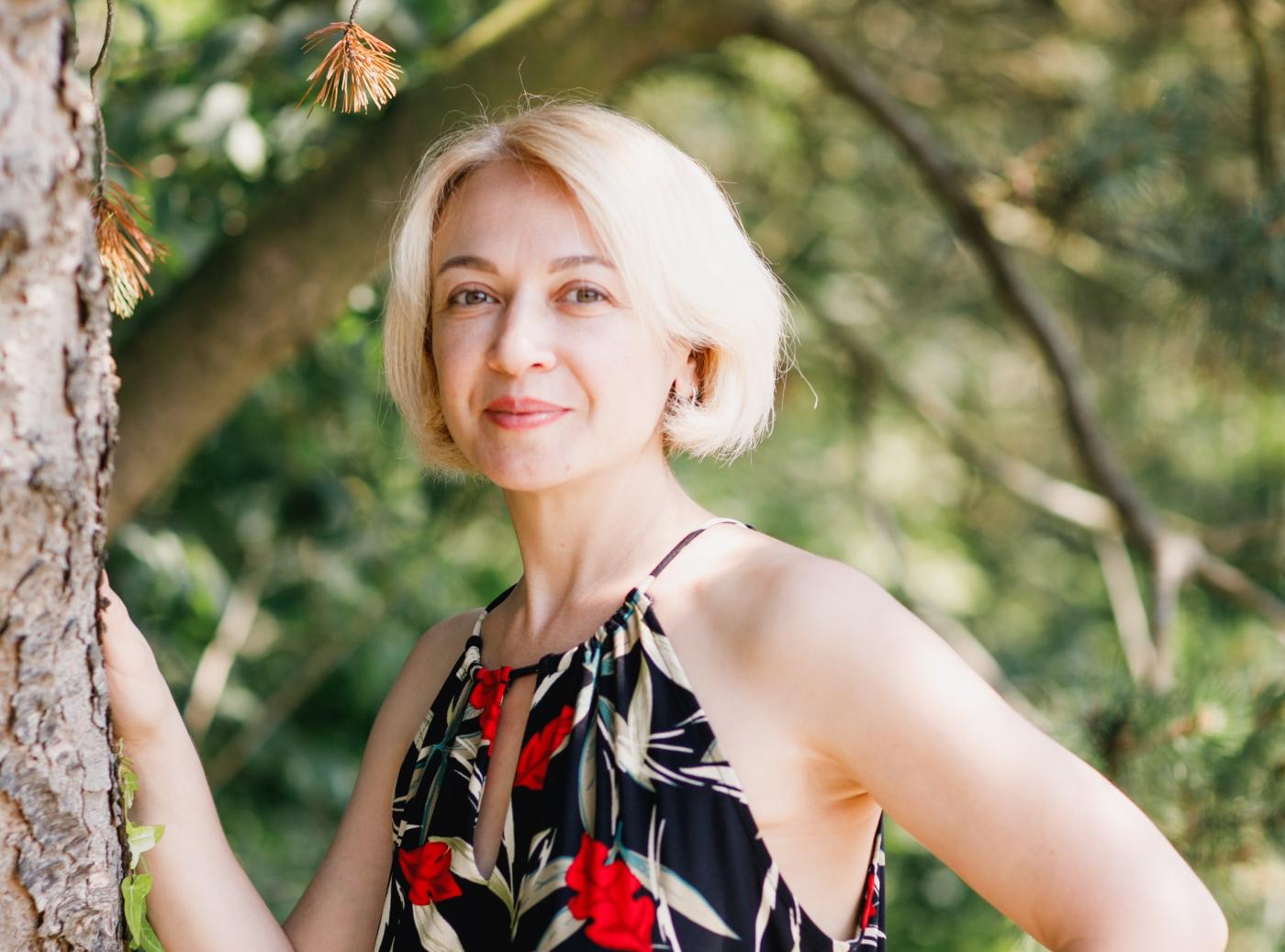
Sponsors welcome
"MusikTiPP" has enhanced care and culture in homes for the elderly. Notable digital hurdles have not arisen, Kurth stressed. The C4T project "Identifying Conditions for Using MusikTiPP Successfully in Senior Citizen's Facilities" should help spread the app nationwide. "We are looking into conditions needed in facilities for the elderly to make the use of 'MusikTiPP' successful. We are also investigating possible barriers and the role of staff and residents," she added. The project will also focus on funding and examine possible sponsorship and/or sponsorship concepts with a social aspect. "During lockdown, many senior citizens were very touched that concerts were 'given' to them. And so we hope to find a sponsor for our project in the autumn."
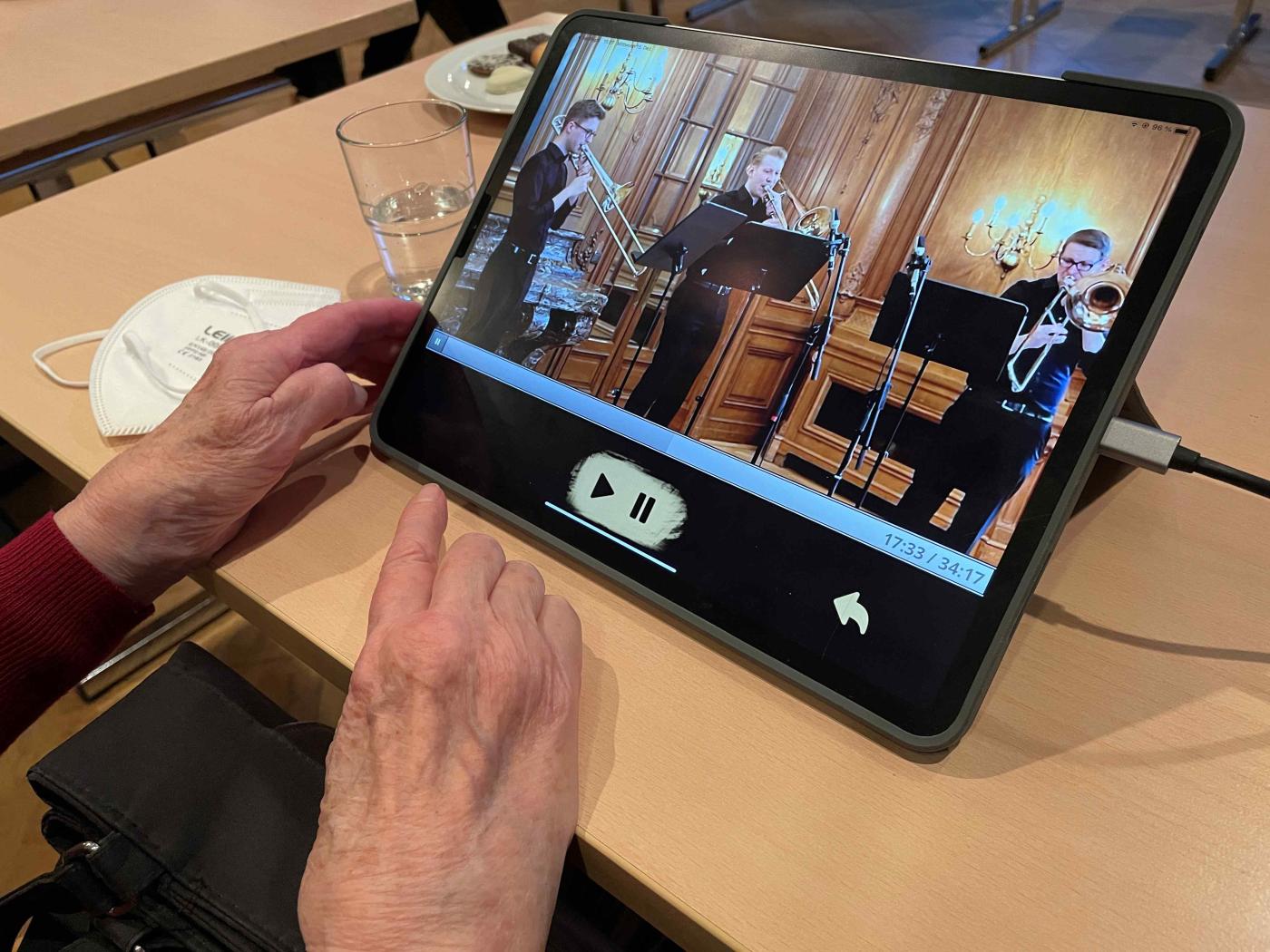
Interreligious Congregational Study Hamburg
The C4T project "Interreligious Congregational Study Hamburg" focuses on social cohesion in an increasingly plural society. "Speaking in terms of religion, Hamburg is a very plural city with more than 110 different religious communities and over 600 local congregations and groups. At the same time, a growing proportion of the population is without religious affiliation making for a mainly secular city," said Dr Anna Koers, Academic Director of the Academy of World Religions at the University of Hamburg. "These two pluralisms require processes of understanding, translation and negotiation both between the religions and with the secular and thus plural majority society."
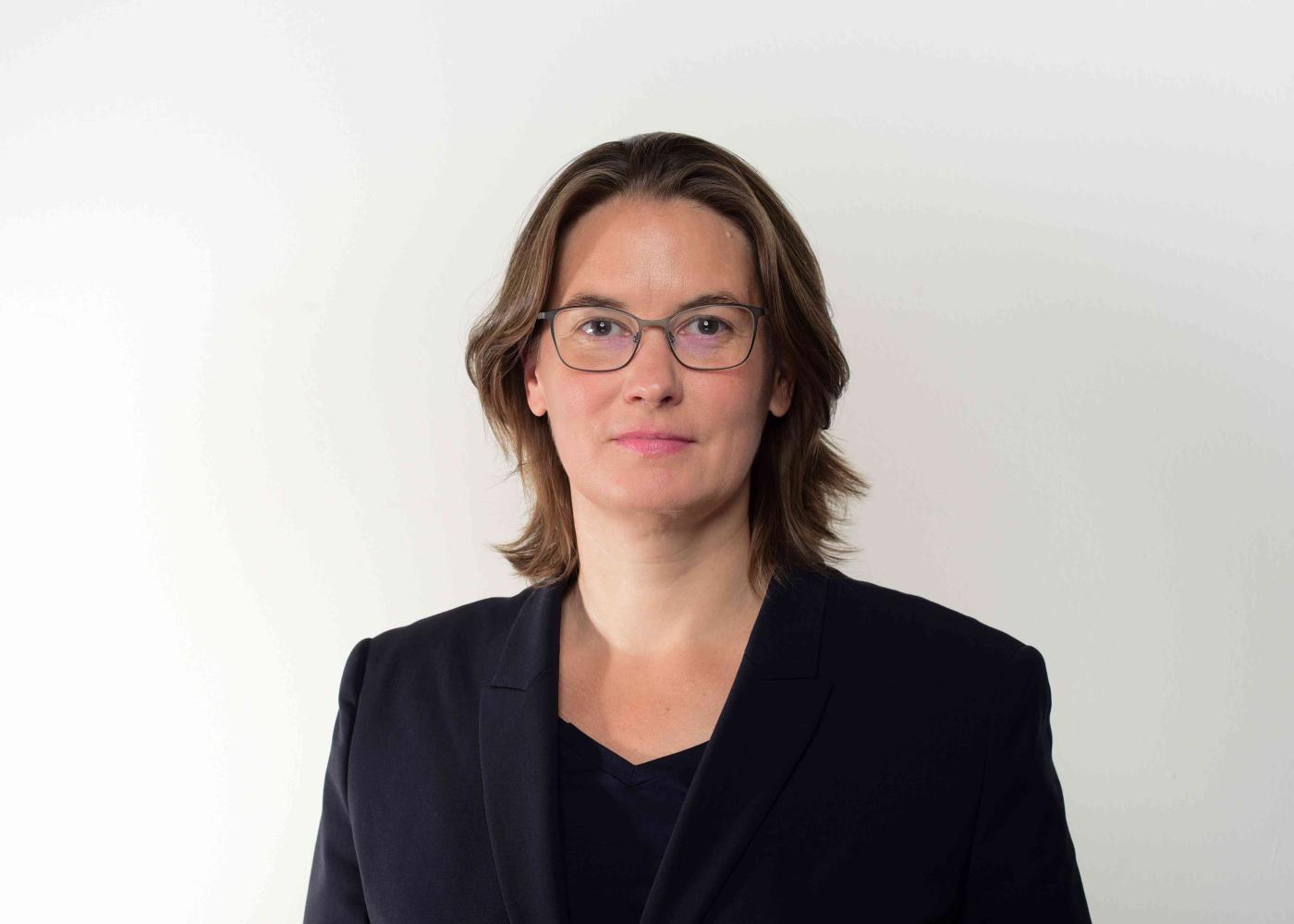
Commitment beyond congregation
The project assumes that the many local religious congregations have huge potential to contribute to social cohesion. However, research has not brought this potential to the fore hitherto. People come together in congregations to practise their faith and to become involved in their own congregation and in the urban social sphere. However, little empirical evidence exists on the activities and situation of local congregations. The project should highlight the diversity of congregations in Hamburg by gathering quantitative and qualitative data in co-operation with the Research Office for Social Innovation (ROSI) at the University of Hamburg. "The aim is to use the pilot study in Hamburg to generate innovative scientific and socially relevant findings that can build up interreligious congregational research in Germany. That would have practical benefits for cohabiting in a multi denominational, secular city like Hamburg," said Koers.
Ukraine Refugee Health – Women
The "Ukraine Refugee Health - Women" project focuses on collecting qualitative data to improve the mental health of women who have fled Ukraine. "We already have a quantitative data base through our previous project, in which a good 300 people who had fled Ukraine were interviewed. Our C4T project, focuses specifically on women," said Johanna Buchcik, Professor of Health Behaviour and Diversity at HAW Hamburg. The plans foresee interviews with Ukrainian refugee women over 18 years to gain a clearer impression of their situation. "Problems arising from scarcity, such as lack of shelters, work and school opportunities for refugees, are to be expected. Psychological stress resulting from the loss of home and leaving relatives behind are also likely. And there could be reports of verbal and physical violence," said Buchcik, who has already helped improve the health of refugee women from Syria or Afghanistan. The findings will be used to develop a podcast series offering low-threshold support and accompanied by psychotherapists.
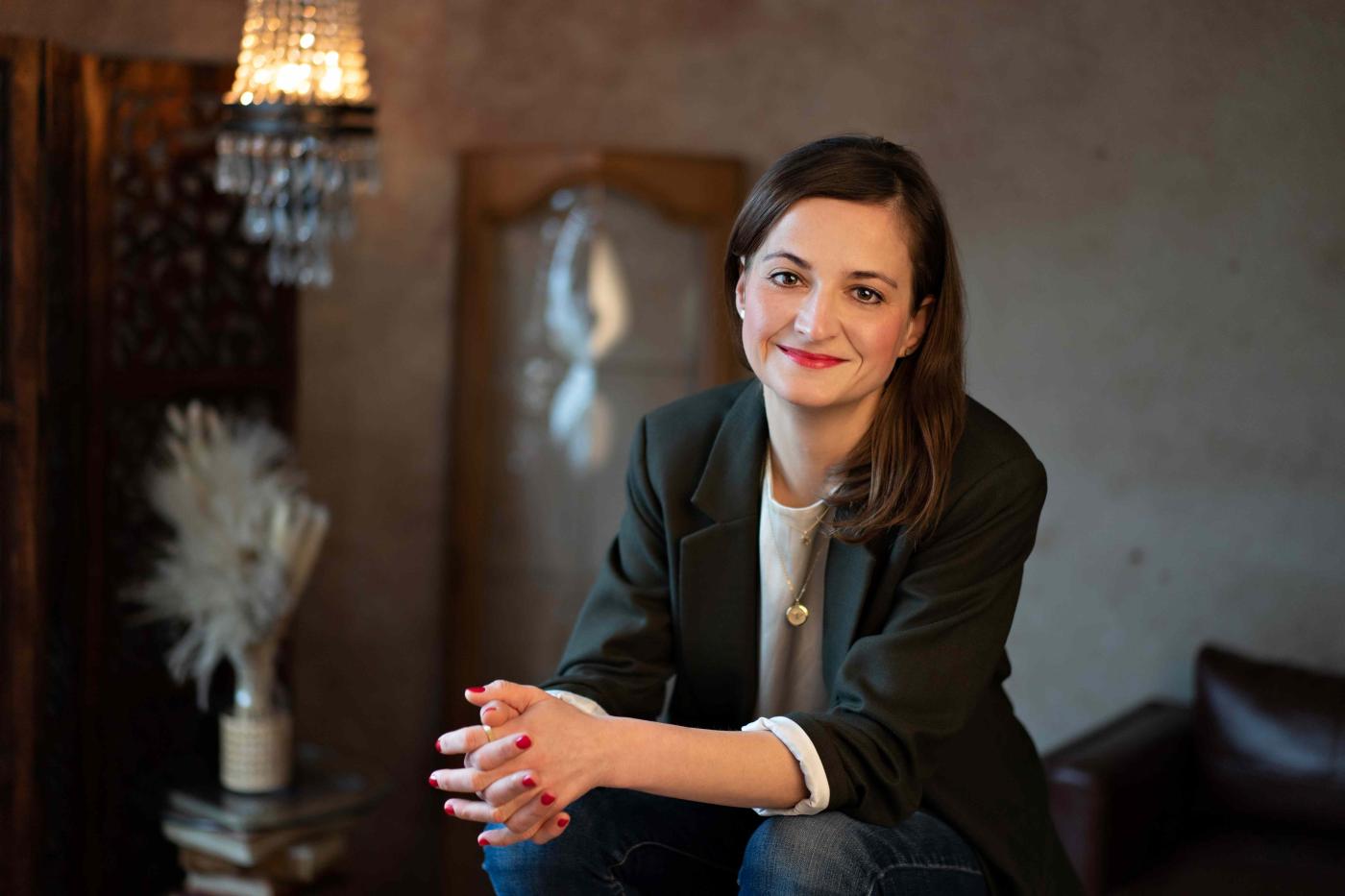
Sign4Inclusion (Math)
The earlier dyscalculia, i.e. problems performing arithmetical calculations resulting from damage to the brain, is detected, the better. However, detecting the condition in preschool children is difficult - and especially among those who communicate in sign language due to a hearing impairment. "Language is fundamental for mathematical learning processes. Thus, it is crucial to test the skills of deaf and hearing-impaired children in their first (sign) language," said Barbara Haenel-Faulhaber, Professor of Educational Science at the University of Hamburg and Director of the Deafness, Language and Learning Lab.
However, a sign language diagnostic tool does not yet exist. The Sign4Inclusion (Math) project hopes to remedy that situation. The aim is to create a web-based test, translated into German Sign Language (DGS), to gauge the basic mathematical skills of deaf and hearing-impaired children.
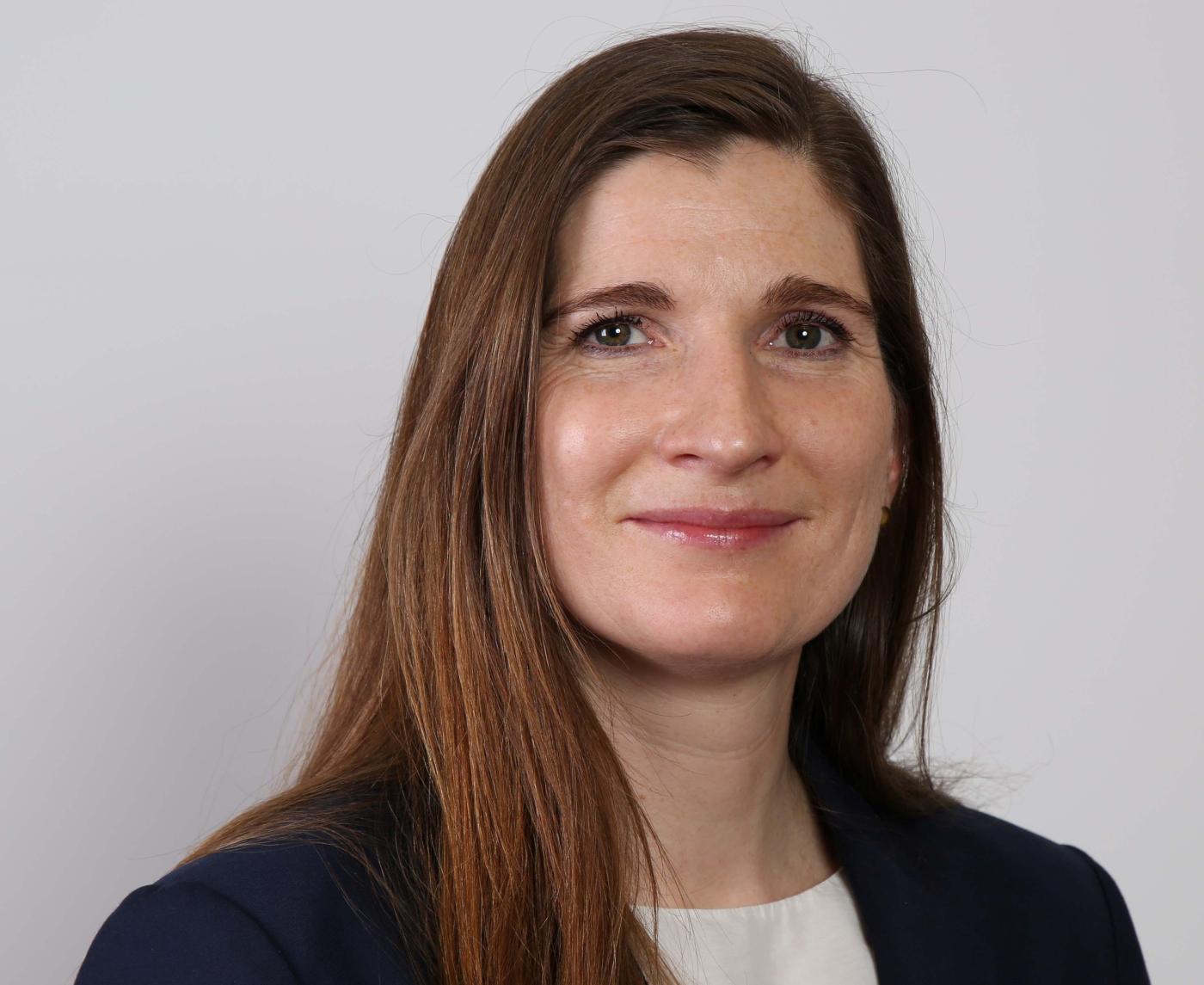
New tool for educators
"Sign languages are visual languages and use space to make linguistic references. Numbers are represented with the hands. Diagnostics in DGS that record basic mathematical skills must be controlled so that the linguistic preparation in DGS does not simplify or make the task more difficult," said Victor Werner, mathematics didactician and sign language educator at the University of Hamburg. The DGS translation tool gives educators a means of assessing the mathematical abilities of deaf children in preschools and to put appropriate support measures in place.
ys/pb
Read the other parts in our series:
1) Calls for Transfer scheme funding tiny implants for cancer diagnostics
2) Calls for Transfer focuses on recycling chemicals for circular economy
3) Calls for Transfer: Research on securing energy transition
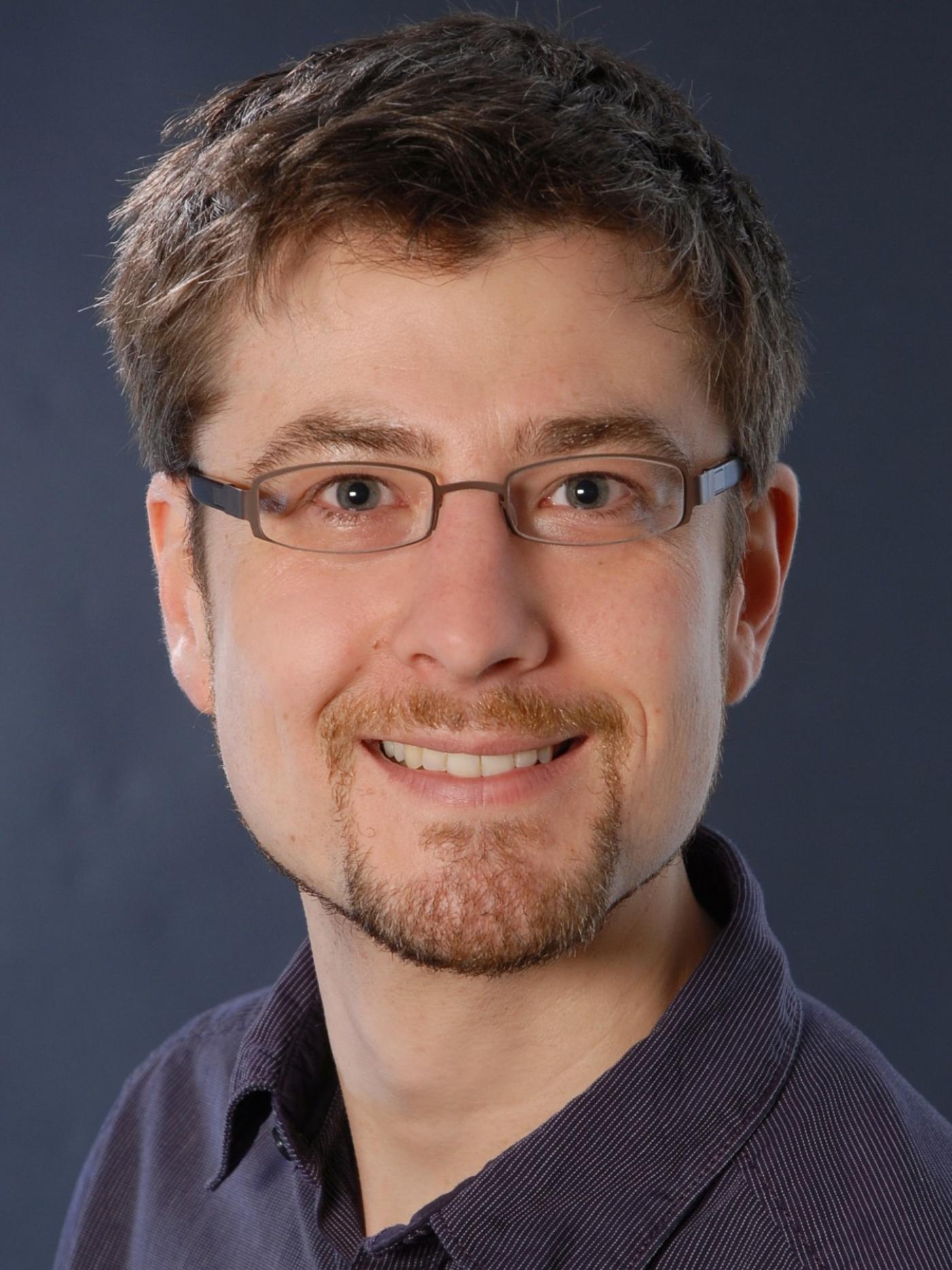
Sources and further information
Calls for Transfer
"Calls for Transfer" is funded by Hamburg's Ministry of Science, Research, Equality and Districts and is sponsored by the University of Technology (TUHH). The project is managed by Hamburg Innovation the board of which makes independent decisions. Hamburg Innovation GmbH is a private knowledge and technology transfer institution at Hamburg's public universities. At the interface between universities, companies and the public sector, the team networks entrepreneurial and scientific potential thereby creating sustainable value for science, politics, business and society.
More
Similar articles
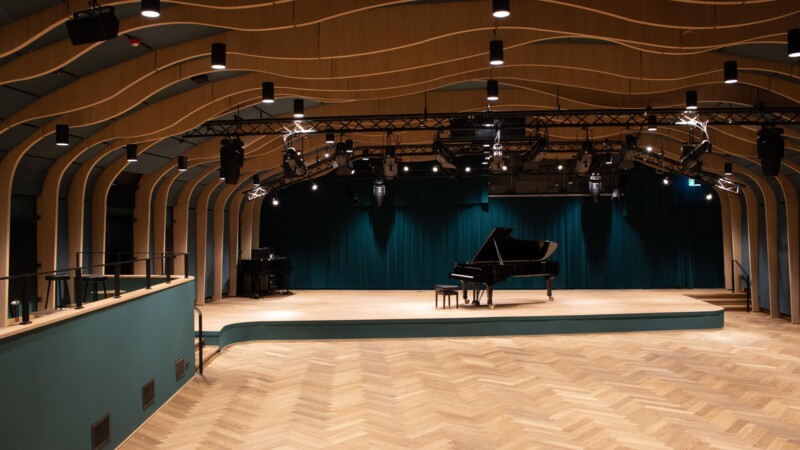
Brand new jazz concert hall becomes Hamburg's latest pearl

Series of studies launches on potential and limits of green hydrogen
